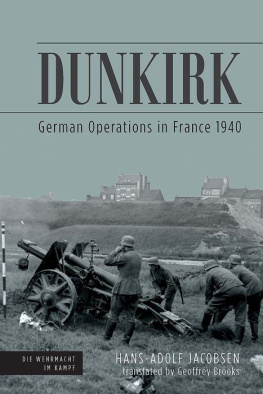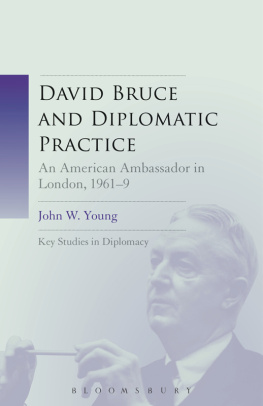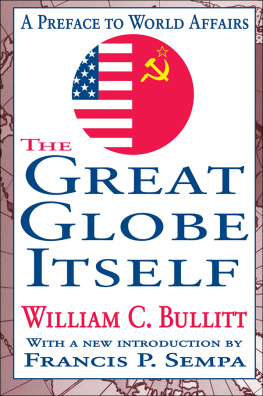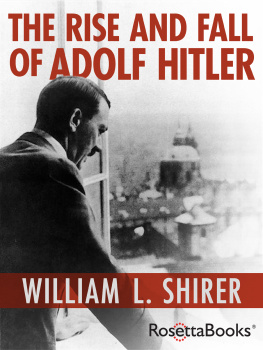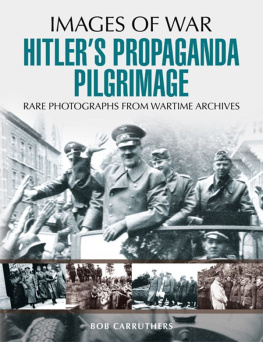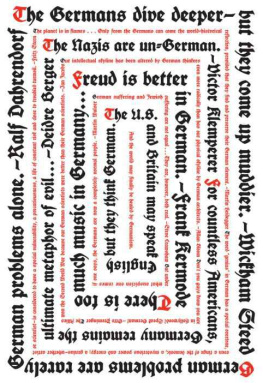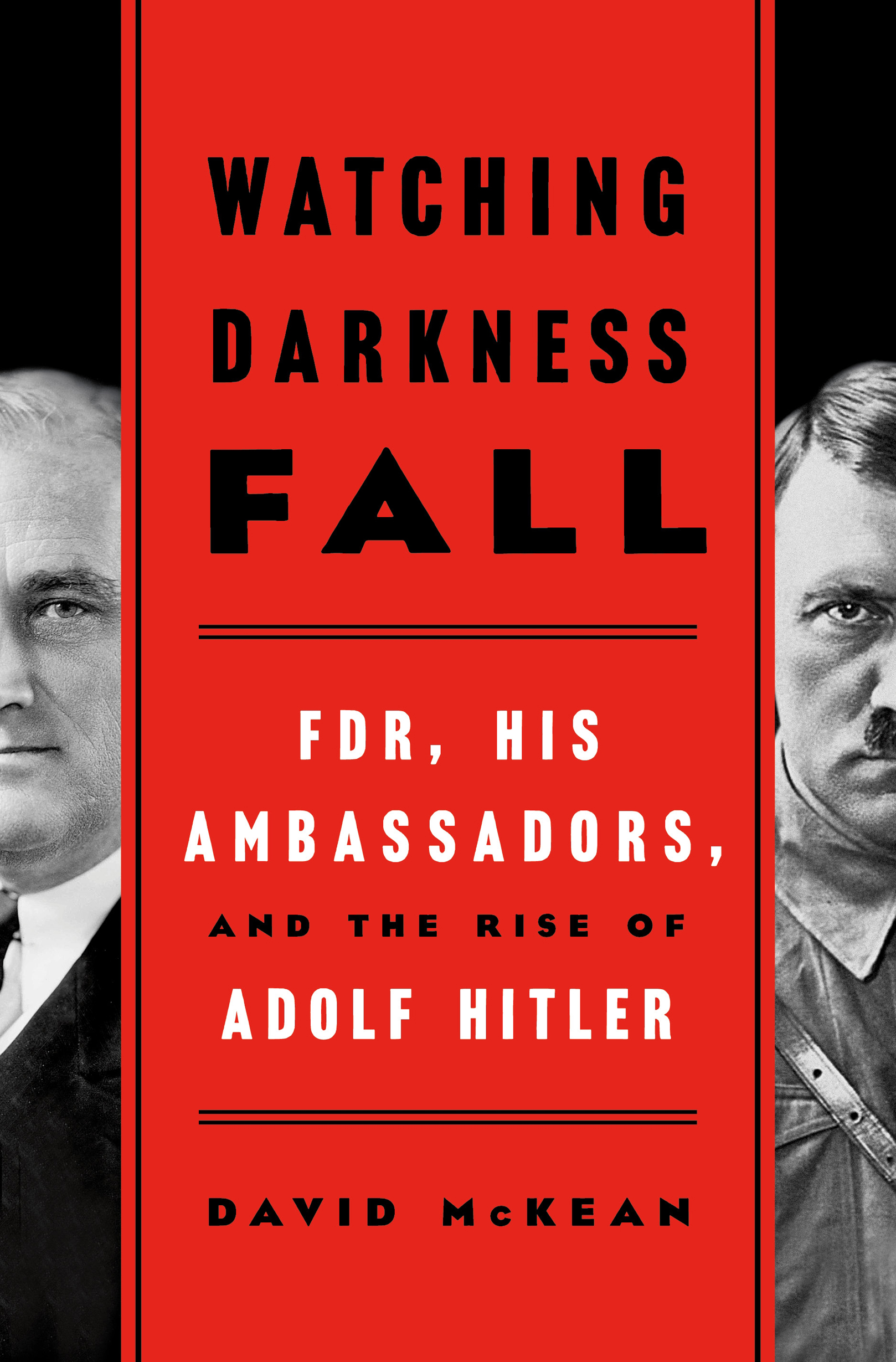Contents
Guide
Pagebreaks of the print version

The author and publisher have provided this e-book to you for your personal use only. You may not make this e-book publicly available in any way. Copyright infringement is against the law. If you believe the copy of this e-book you are reading infringes on the authors copyright, please notify the publisher at: us.macmillanusa.com/piracy.
Dedicated to the memories of my father, Shaw, who came of age during the 1930s and, according to family lore, never voted for Roosevelt; my brother, John, who came of age during the 1960s and considered Roosevelt an American hero; and my mother, Katherine, an independent woman, who loved both her husband and her sons
In 2004, I published a book about one of President Roosevelts most important, yet little-known political advisers: Thomas Corcoran, known by the president as Tommy the Cork. Corcoran was a brilliant lawyer, an energetic operative, and a vibrant personality who played an important role in the New Deal. Roosevelt never had a chief of staff, but for a period of time, no one had more influence on domestic policy and access to the president than Tommy the Cork.
A decade after writing about Corcoran, I served as United States ambassador to Luxembourgone of the first countries overrun by the Nazis in 1940. I remember on Veterans Day walking among the marble headstones marking the graves of fallen American heroes at Hamm cemetery, the second-largest American military cemetery in Europe, and wondering how President Roosevelt had navigated the events leading up to World War II. Later, after returning to the United States, I wondered who had advised Roosevelt during this critical period? How did the president make decisions when confronted with the rise of fascism? Who was his Tommy Corcoran in foreign policy? I decided to investigate the role of United States ambassadors in Europe in the run-up to the war, believing that whatever role they played would also reveal something about Roosevelt and his leadership.
John Gunther, a journalist in the 1930s and one of Roosevelts earliest biographers, maintained, Sometimes Roosevelt made terrible appointments. He shopped for ambassadors, it seemed, like a housewife choosing among apples over the telephone. I discovered that, in fact, there was a great disparity in both the abilities and competencies of many of Roosevelts ambassadorssomething that could probably be said of the ambassador corps, comprised of both political and Foreign Service appointees, during every administration in the twentieth century, and continuing to this day.
I decided not to write about the eventsor the ambassadorsin Asia or Latin America, which, of course, would be critical to gaining a more complete picture of American foreign policy during this period. Nevertheless, the story of Roosevelt and his ambassadors in Europe between 1933 and 1941 provides a new perspective on the president and his principal advisers as they struggled to deal with the rise of fascism.
I could never really understand what was going on in Roosevelts heavily forested interior His character was not only multiplex, it was contradictory to a bewildering degree.
ROBERT SHERWOOD
[Roosevelt] believed in his own ability, so long as he was at the controls to stem this terrible tide. He had all the character and energy and skill of the dictators, and he was on our side.
ISAIAH BERLIN
After the bugle sounded, followed by the ceremonial music of the Marine Band, Franklin Roosevelt, his arm locked to that of his eldest son, James, walked slowly to the lectern on the Capitols East Portico. As he stood hatless and coatless, tens of thousands of eager supporters who had long waited in the cold on the Capitols grounds cheered loudly. Roosevelt raised his right hand and placed his left hand on a Dutch family Bible brought to the New World by his ancestors. Chief Justice Charles Evans Hughes administered the oath of office, ending with the presidents promise to preserve, protect and defend the Constitution of the United States. So help me God. The more than 150,000 spectators who huddled together on the grounds of the U.S. Capitol roared their approval.
When Roosevelt was sworn in as thirty-second president of the United States in March 1933, during the throes of an unprecedented economic crisis, he most assuredly never anticipated that by the end of the decade he would be preoccupied with foreign policy. And yet by 1940, Roosevelt found his presidency increasingly consumed with the march of fascism and widening conflict in Europe. Although it was ultimately the Japanese who precipitated Americas entry into World War II, during his third term in office, Roosevelt had grown increasingly concerned that the war already raging in Europe threatened democracy everywhere, including in the United States.
Roosevelt came to the presidency with a particular appreciation for European customs and culture. French and German governesses tutored him until he was fourteen, and he accompanied his parents on their frequent travels to Europe during the summer months. He also knew something of Europes turbulent history and bitter rivalries. As a young man, he served in the Wilson administration and knew well the impact of the Great War in which ten million soldiers were killed, and an equal number of civilians perished.
As president, Roosevelts views, and ultimately his policies, concerning Europe were shaped by his own experiences, but he also gleaned information about international developments from many sourcesnewspapers, diplomatic cables, former diplomats, and friends who traveled abroad. However, nothing was more important to his understanding of the foreign landscape than the information and analysis he received from his ambassadors.
The president wanted to know what his ambassadors were seeing at post, to whom they were talking, and what they thought. Stricken by polio, which limited his ability to travel, and in an age before todays instant communication, he was a voracious reader of cables and an inveterate letter-writer. Whenever his ambassadors were in Washington, D.C., he nearly always met with them. Sometimes the ambassadors provided prescient advice; other times they were terribly mistaken. A born skeptic, Roosevelt understood the value of information collected on the ground and had an uncanny ability to sift through the often-contradictory data and opinions he received.
Roosevelts direct communication with his ambassadors was atypical, but he didnt especially care about protocol; in fact, he had little respect for the Department of State as an institution of government. In part, his disdain stemmed from his view that most diplomats were entitled bureaucrats marking time during a grave economic crisis. He was partially correct; after decades of American isolation in the world, diplomats didnt have a lot to do, but neither did they show much initiative. In fairness, it wasnt entirely their fault; there was no overarching conception of Americas role in the world around which to focus the work of diplomacy.
Roosevelts criteria for choosing ambassadors varied from man to man depending on the country. He doled out embassies to friends, campaign contributors, and the occasional professional. Although many of Roosevelts ambassadors were from a similar social background, it is difficult to find common denominators in the choices he made for those who served him in key positions except for two consistent traits: He appeared to value loyalty and trustworthiness above all else.



